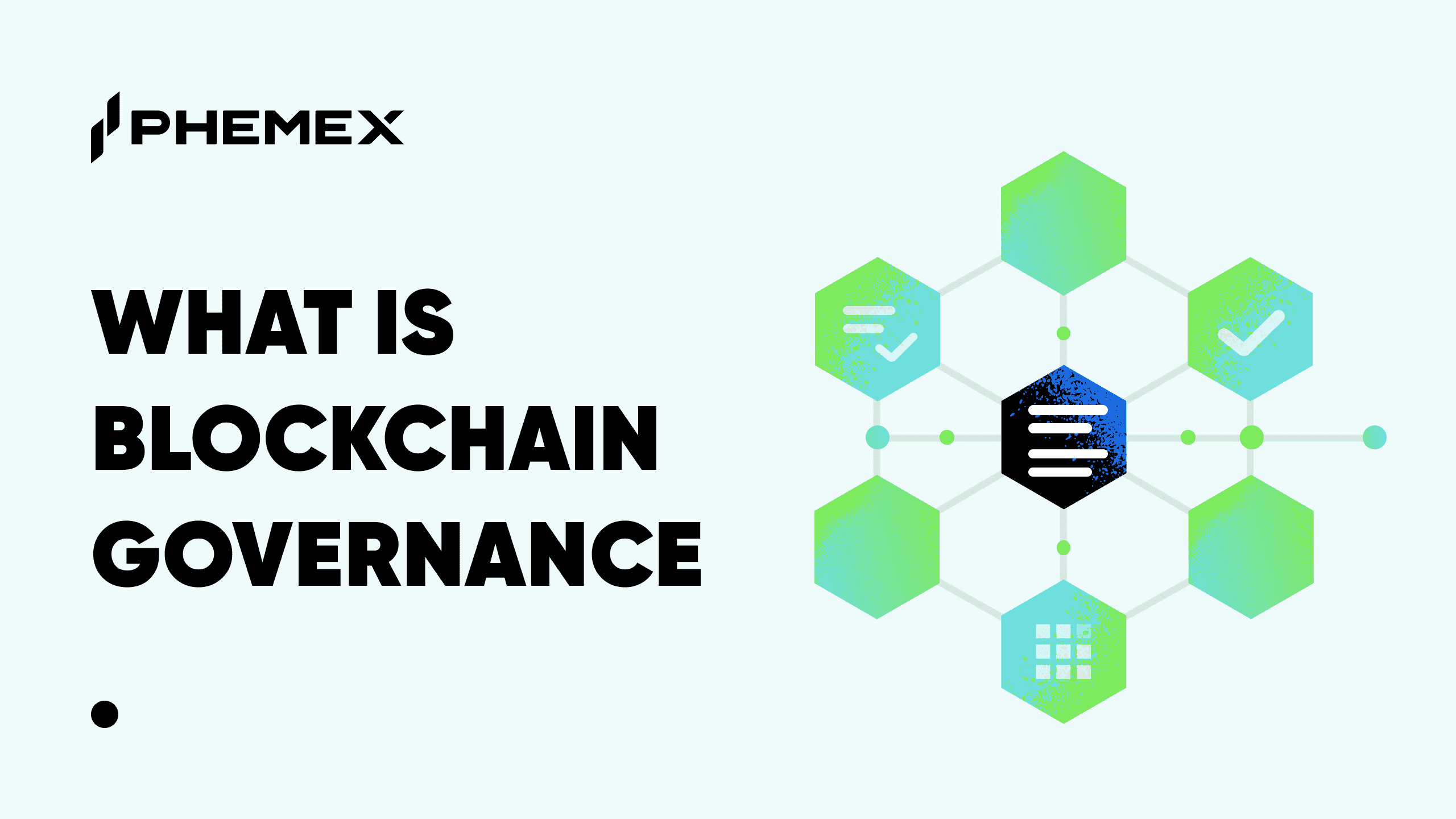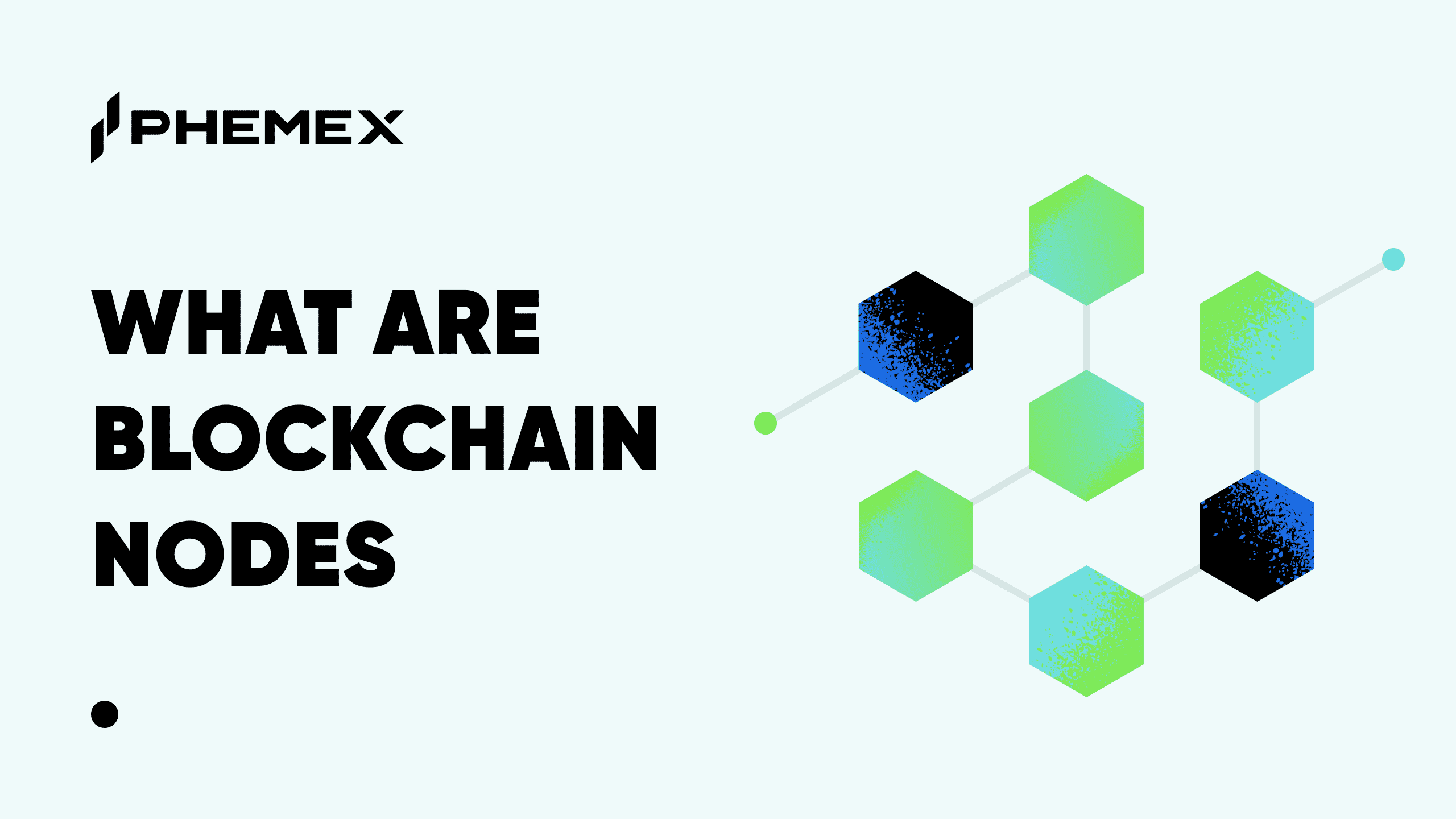Summary
- Blockchain domains are fully decentralized and are hosted on top of a blockchain network such as Ethereum. This means the domains are hosted across multiple computers acting as nodes of a blockchain network.
- Blockchain domains offer many advantages: they are decentralized, resistant to censorship, give users more ownership, and offer a pathway for more efficient payments.
- Blockchain domains also have downsides. For example, you can get locked out of your domain, there is limited SEO, and lastly, weak platform content control.

Internet domains have played a crucial role in developing the online world we know today. However, as the Internet evolved over the past 30 years and technology evolved with it, the Internet became a complex place with often inefficient and undemocratic operating systems. This is where blockchain technology comes into play. The Blockchain has the potential to revamp the Internet and improve the network behind it. One key innovation is blockchain domains.
But in order to understand blockchain domains and how they can be disruptive, it is important to first understand the basics of domains and web servers.
What are Domains?
Domains are the addresses that represent the names of websites. They can be thought of as similar to physical street addresses. Domain names allow Internet users to more easily visit the websites they want, just like how street addresses make it easier for people to travel around.
Essentially, a domain is an identifier that helps break down the organization of the Internet to make it easier to navigate. Instead of a long string of numbers or having to remember the specific IP address of your server, a domain name serves to suffice. With the help of DNS, domains simplify the process of making the Internet a more user-friendly place.
A domain name has two elements. For example, the domain name Google.com consists of the website’s name (Google) and the domain name extension (.com). When a company or a person wants to purchase a domain name, they are then able to specify which server the domain name points to. Below is a graphic representation of a domain name inside the entire URL.

Domain name registrations are overseen by an organization called the Internet Corporation for Assigned Names and Numbers (ICANN). This actor specifies which domain names are available and also keeps a centralized database of where the domain names point to.
What concerns people is that domains are managed by registrars like GoDaddy and are hosted on a central server. Although it may seem that users can purchase traditional domains, in reality, the registrars act as a custodian of the domain and can take it down. In addition, being hosted on a central server makes them prone to downtimes and cyberattacks that exploit loopholes in central systems.
What are Blockchain Domains?
Unlike regular domains, blockchain domains are not governed by any central authority like ICANN, nor are they intermediated by companies like GoDaddy. Blockchain domains are fully decentralized and are hosted on top of a blockchain network such as Ethereum. This means the domains are hosted not on a central system, but rather across multiple computers acting as nodes of a blockchain network. The motivation behind blockchain domains is to push forward the idea of decentralization and to lay the foundation for a truly decentralized internet. An example of domains on the blockchain can be found on Unstoppable Domains (featured in the graphic below).

Advantages of Blockchain Domains
Although traditional domains are very useful in helping users navigate the Internet, they are not without flaws. Thus, blockchain domains seek to improve this infrastructure. Blockchain domains have many benefits, for example, they are decentralized, resistant to censorship, give users more ownership, and offer a pathway for more efficient payments.
1 Decentralization
The first benefit of blockchain domains is decentralization, as they offer full power and access to the users.
2 Censorship-resistant
The second advantage for blockchain domains is they are censorship-resistant. Central authorities and governments can easily censor domains in any part of the world, with or without reason. This is not possible to do with blockchain domains.
This means journalists and content creators can publish content without fear that their websites will be flagged by the government. Besides, many platforms that are banned across various countries can be easily revamped using new domains based on blockchain technology. The use cases of censorship-resistant domains are many in a time of the highly centralized age of the Internet.
3 Better Ownership
The third advantage of blockchain domains is they provide better ownership. The existing system gives unchecked powers to update the domain registry to a few select authorities. Even when a user purchases a domain, they don’t really own it.
4 No domain fees
In addition, blockchain domains do not have fees, so this avoids the headache of having to pay annual domain fees. They also come with a one-time purchase option and once you pay for a domain you own it forever. This means once your domain is registered to your digital identity (a crypto wallet address in this case) there’s no one that can stop you from using it.
5 Smoother crypto transaction
Last, blockchain domains enable smoother crypto transactions. For example, imagine you are typing your friend’s name and instantly you could transfer 15 ETH. In this case, that’s how it works, you are essentially attaching your crypto address to a blockchain domain. Your peers can then send you money without going through the time-consuming processes of copying and pasting long, complex wallet addresses. A blockchain domain is all you may need to make instant payments on Web3.0.
Disadvantages of Blockchain Domains
Blockchain domains also have downsides. For example, you can get locked out of your domain, there is limited SEO, and lastly, weak platform content control.
1 Not able to regain control once you lose your private keys
The first disadvantage for blockchain domains is that users can get locked out of their domains. While there are positives to no third parties being able to access your blockchain domain, it can also be a problem. For example, if you lose your private keys you will never be able to regain control over your domain. This is because nobody apart from you knows the key combination, which means you may have to abandon your domain.
2 Limited SEO visibility
The second disadvantage of blockchain domains is limited SEO visibility. Since blockchain domains are still in their initial stage, blockchain domain extensions like .crypto are not the most SEO-friendly. This means it will be hard for internet users to find blockchain domains and websites while searching on Google or Bing.
3 Lack of control over spammers
The third disadvantage of blockchain domains is the lack of control. Since your website is decentralized it is difficult to filter out bad-faith users who may cause trouble or post unwanted content on your platform.
Blockchain Domains: What Is The Future Outlook?
Despite some drawbacks, blockchain domains are a breakthrough innovation. Although blockchain domains have only just arrived they have the potential to push the idea of true decentralization and democratization further by making the Internet what it was initially envisioned to be.
Read More
- What Is Unstoppable Domains: Make Your Web3 Identity Neat and Nice
- What is Blockchain Technology: The Biggest Misconception About It
- What are Blockchain Applications and Use Cases?
- What are Public, Private, and Permissioned Blockchains
- What is Blockchain Trilemma: Solving Crypto’s Big Challenge
- Careers in Blockchain: Techies, Lawyers, Crime Hunters, and Beyond
- What Are Blockchain Games & How do they Work?
- What is Decentralized Social Media







